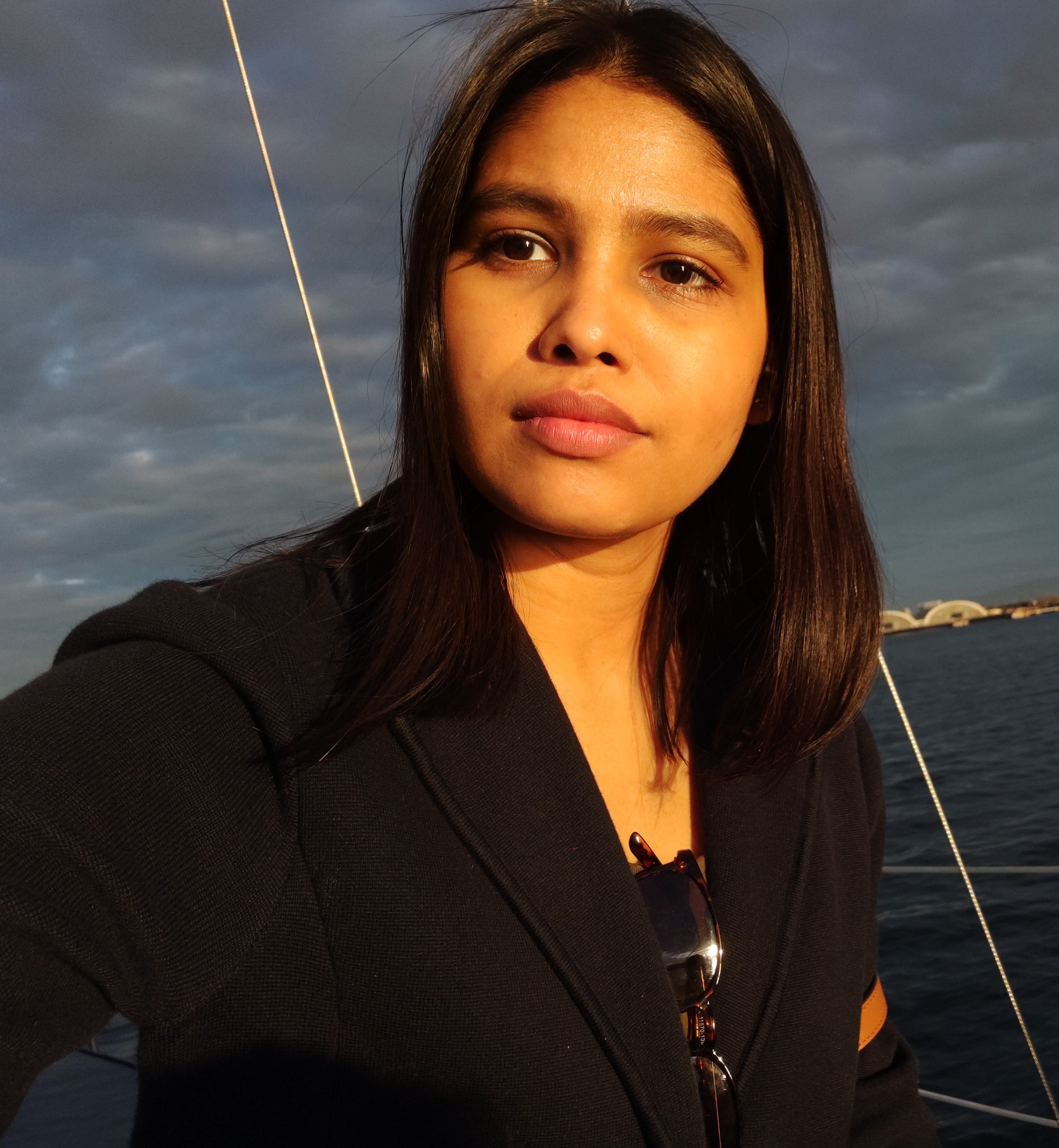
India, the most polluted country on the planet, is becoming a hub for global investment in cleantechnologies in the wake of managing its proliferating air pollution crisis. Twenty one out of the world’s 30 most polluted cities are located in the country (IQAir 2019) with New Delhi, topping the charts with an average air quality index of 500-400. This dissertation project explores how through emergent vistas of green finance, atmospheric engineering and speculative design, urban geographies and their ‘toxic’ air-spheres have been transformed into ‘experimental ecologies’ and what new visions of economic growth and environmental management are being produced in this process. Located at the intersection of global capital flows, technoscientific speculation and discourses of environmentalism, these future oriented world-making projects of inhabiting polluted environments signal economic and ecological futurities that were previously unthought in the Indian context. In light of this, the ways of understanding what air pollution means and how one lives in polluted urban environments is increasingly becoming a matter of technoscientific mediation refracted through networks of the emergent clean-tech industry that go beyond state centered models of control and management. By following the dynamic interrelationships between clean-tech capitalists, R&D scientists and green finance, it is these logics of ‘clean’-technoscientific capitalism, nationalist aspirations of sustainable development and imaginaries of habitable environmentalisms that this project aims to understand and examine.
Biography:
Ashima Mittal is a third-year PhD student in Sociocultural Anthropology. Her dissertation project explores the rise and logic of ‘clean’ technoscientific capital in India in the wake of managing its air pollution crisis. She holds a M.Phil and Masters degree in Sociology from the University of Delhi, India, and an undergraduate degree English Literature from the University of Delhi. Her research interests include contemporary formations of technoscientific capitalism and imperialism, emergent forms of ecopolitics and imaginaries of habitable futures.
 THE UNIVERSITY OF CHICAGO
THE UNIVERSITY OF CHICAGO

